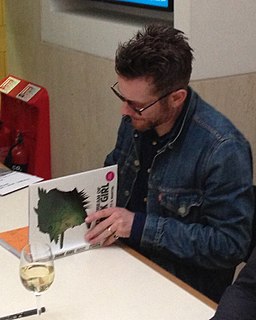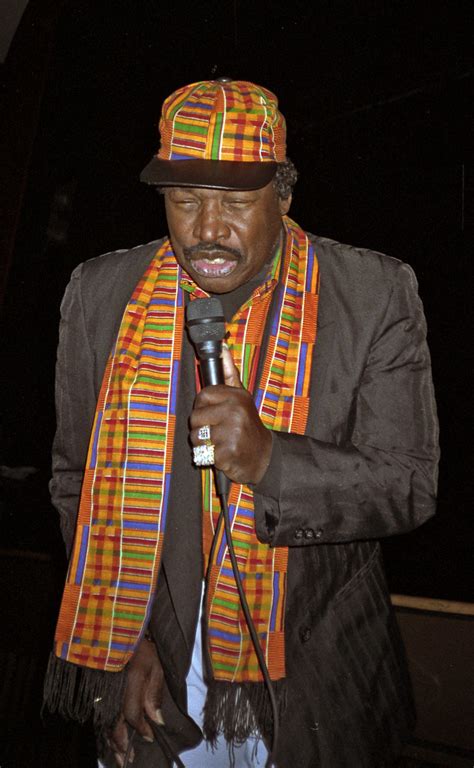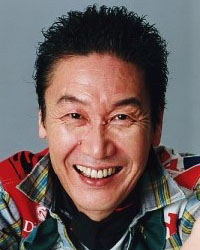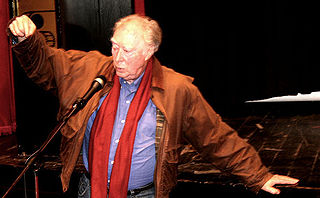A Quote by Arthur Erickson
Tahiti has been spoiled for many years, but Bali is one of the few cultures with origins in one of the great ancient cultures which is still alive.
Related Quotes
Great cycles of history began with vigorous cultures awakening to the needs of children, but collapsing with frayed family ties. Have we failed to learn lessons which Ancient China, Greece and Rome learned too late - about day care and death houses for old folks? Do we without protest accept accelerating preschool and nursing home cultures which warn ominously that the earlier you institutionalize your child, the earlier he will institutionalize you!
There seems also to be a tremendous risk to indigenous cultures if we insist that all scholarship be conducted in English. We are, for example, dealing with ancient and very highly-developed cultures in Korea, Japan, China and the Middle East. What is the impact on cultural and scholarly vitality forcing everyone to do their work in English? I do not have an answer, but this issue has been very much on my mind.
In a city like London, the fact that cultures live together and cross-fertilize is a beautiful and natural thing. The many cultures in Amsterdam contribute to the city's high level of craziness - something which every interesting city should offer. But sometimes immigrants can live in parallel worlds which can exclude others and not be very attractive.
It's not as though there aren't many, many art works and many other cultures, but there was something special about the civic nature of the Greek theater. All the citizens stopped working. They came into these theaters. It wasn't like a Broadway theater where you sit in the dark and you expect to be passively entertained. You're in this theater, amphitheater, in bright sunlight looking at your fellow citizens, recognizing their faces, and thinking with them about the future of your city. I think very few cultures have had a theatrical tradition that is quite so civic.







































